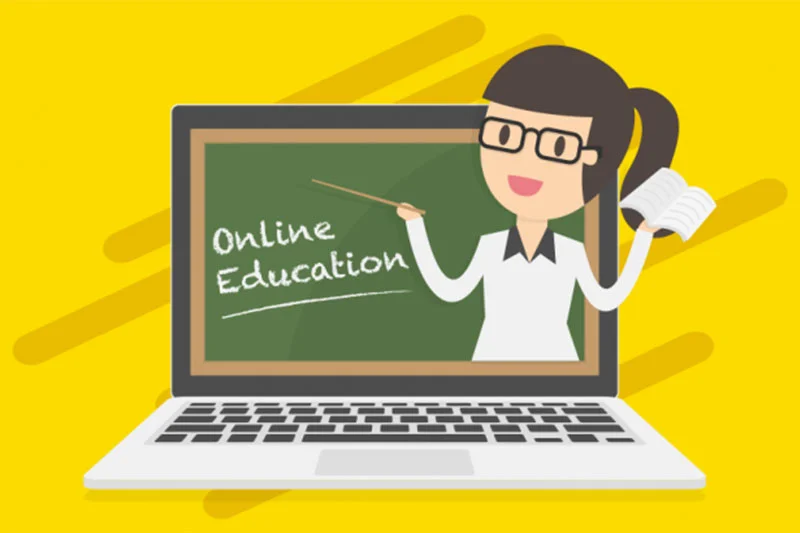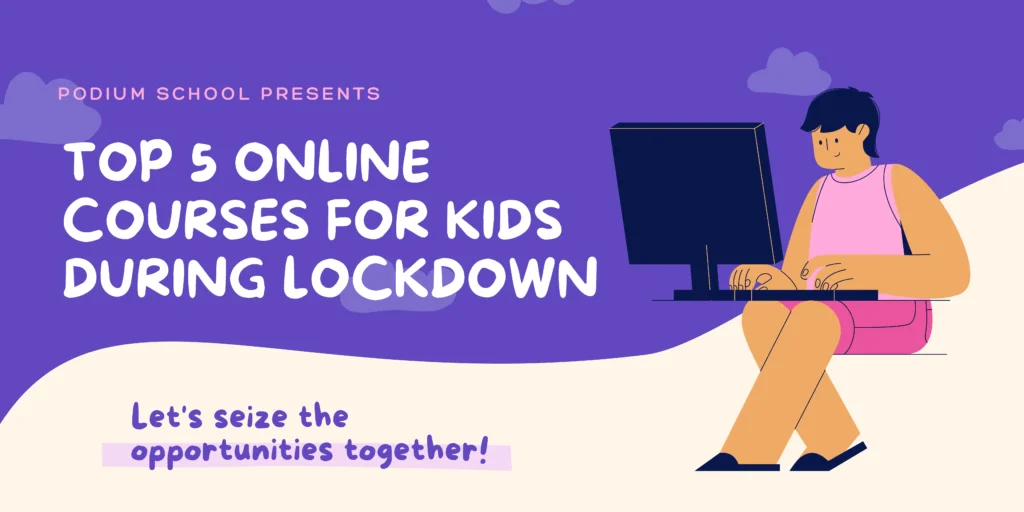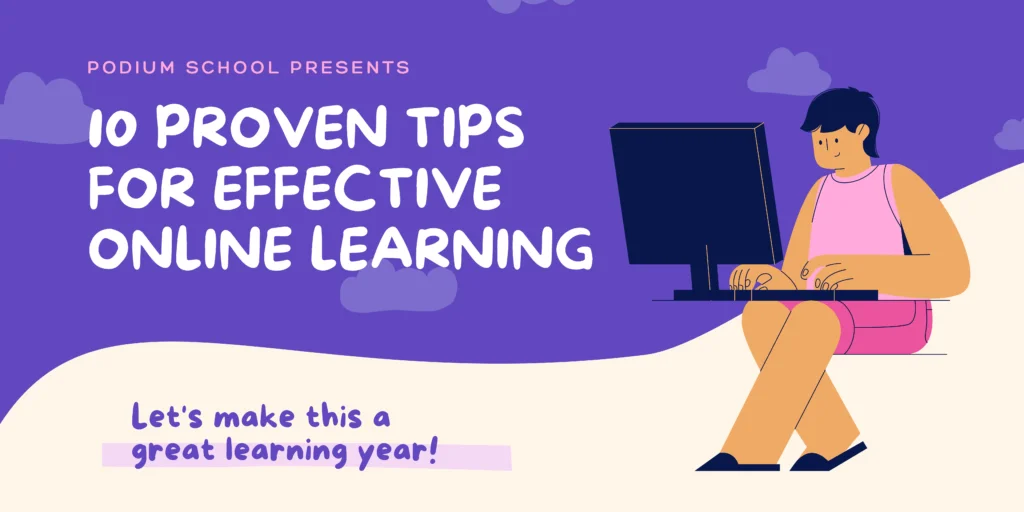The Covid-19 pandemic forced educational institutions shut. Various schools and colleges stopped in-person teaching for over a year. Additionally, the stringent social distancing rules did not allow classes of smaller strength. Hence, to not loose the semester, educational institutes implemented virtual or distance learning.
Virtual learning is not a new concept. Several students in foreign countries were already enrolled in distance learning programs. However, in the pandemic all schools and colleges opted for this method of teaching.
Over a year since the change, students have become more comfortable with attending classes online. The question arises; is virtual learning more feasible than attending offline classes?
Below we have discussed why online learning might be better.
Advantages Of Virtual Learning
1. Virtual learning offers flexibility.

Online education allows the student to set their own learning pace. As a result, students can perform better in exams and find a positive work and studies balance. Furthermore, studying online teaches students vital time management skills, so they tend to accept new responsibilities.
2. Online classes are accessible.
Online education is more convenient for children living in rural areas. It also aids tose with health concerns or disabilities. Additionally, it completely eradicates long commutes to class.
Online education has opened up many opportunities to those deemed unfit by education institutions. It also allows young parents to complete their education while taking care of children and family.
3. It is more cost-effective than traditional teaching.
Online education is cheaper than a traditional course. Students can opt for a wide range of payment options that allow payment in instalments or per class, which enables better budget management. Students can also save money on the commute, class materials, rent and amenities.
4. Students can work while studying.
Students can attend online classes from anywhere with a stable internet connection. Therefore, they can get a job and work while attending classes.
5. Virtual learning allows for a customized learning experience.
Online learning offers a variety of classes. Students can pick and choose those that interest them. Therefore, they can work towards their goal early on. Additionally, the smaller size of online classes allows for greater interaction between teacher and student.
6. Provide access to a wide variety of materials in one place.
Teachers can integrate various learning mediums like video, photos and ebooks with their lessons. Thus, providing students with a better understanding of the subject.
7. Online learning is more engaging.
Online lectures allow teachers to present information in attention-grabbing formats that may be better for students. This enables students to take in information in a way that best suits them.
8. Feedback is fast and frequent.
Online learners have more interaction with their teachers. Furthermore, they put in more effort to complete their assignments on time. Due to this, learning gaps are identified and solved faster.
9. Online education is good practice for the changing workforce.
As the prevalence of technology increases in all sectors, Individuals need to be more adept at using the computer. The skills include video conferencing, messaging, gathering information and collaborating with other people. Online classes provide students with an opportunity to learn these skills and become better contributors to the workforce.
However, with current technology and learning platforms, online education faces some disadvantages. But, we believe that in the near future, most of these issues will be solved.
Current Disadvantages Of Virtual Learning
1. Virtual learning may create a feeling of Isolation.
Every student learns in their way. While some can work independently, others find comfort in their community on campus. Therefore, online classes may not be for everyone as they do not support the social aspect of learning as traditional classes do. However, recent updates in learning platforms can eradicate this concern.
2. Virtual Learning Requires Self-Discipline.
Another benefit of being in class is that it increases accountability. If a student does not get the proper guidance, they may not have enough discipline to fully engage in lessons. Opting for virtual, real-time classes instead gives a greater sense of accountability.
3. Teachers Need Additional Training.
Teachers have an initial learning curve. They need to put in extra effort to create a successful online course. Instructors need a deep understanding of the various approaches to teach to avoid replicating the physical class environment, thus, missing out on all the added advantages that eLearning offers. Instructors also need proper training to tackle the technical aspect of virtual learning, including the use of audio and video recording equipment, virtual classroom and lecture capture software.
Although this is a steep learning curve for the teacher, thoughtful investment in proper training will pay off for the institution and students.
4. Gadgets Are Prone to Technical Issues.
The classic disadvantage of online learning centre around technical problems. Nothing disrupts a lesson more than video, audio or connection issues.
In the past, students installed applications that would deliver inconsistent performances. However, nowadays, online classes can be accessed through a link. Furthermore, internet connections throughout the world have improved dramatically.
5. Online Learning means more screen-time.

In recent times, we began spending a large amount of time in front of screens. Online learning sadly contributes to this problem. Excess screen-time causes many physical ailments like poor posture or headaches.
6. Close to entertainment and social media sites.

The internet distracts students with social media and entertainment, which is just a click away. Therefore, students are unable to pay attention, especially for long periods.
Final Thoughts on Virtual Learning
We at Podium School believe that online learning is going to increase in popularity as the quality of instruction gets better and costs become lower. Within the next generation, online learning will become a norm and less of a novelty.
However, every student must evaluate their situation and decide according to their needs and goals. While some may prefer online classes, others may want to learn in a physical classroom.
Share with your friends






